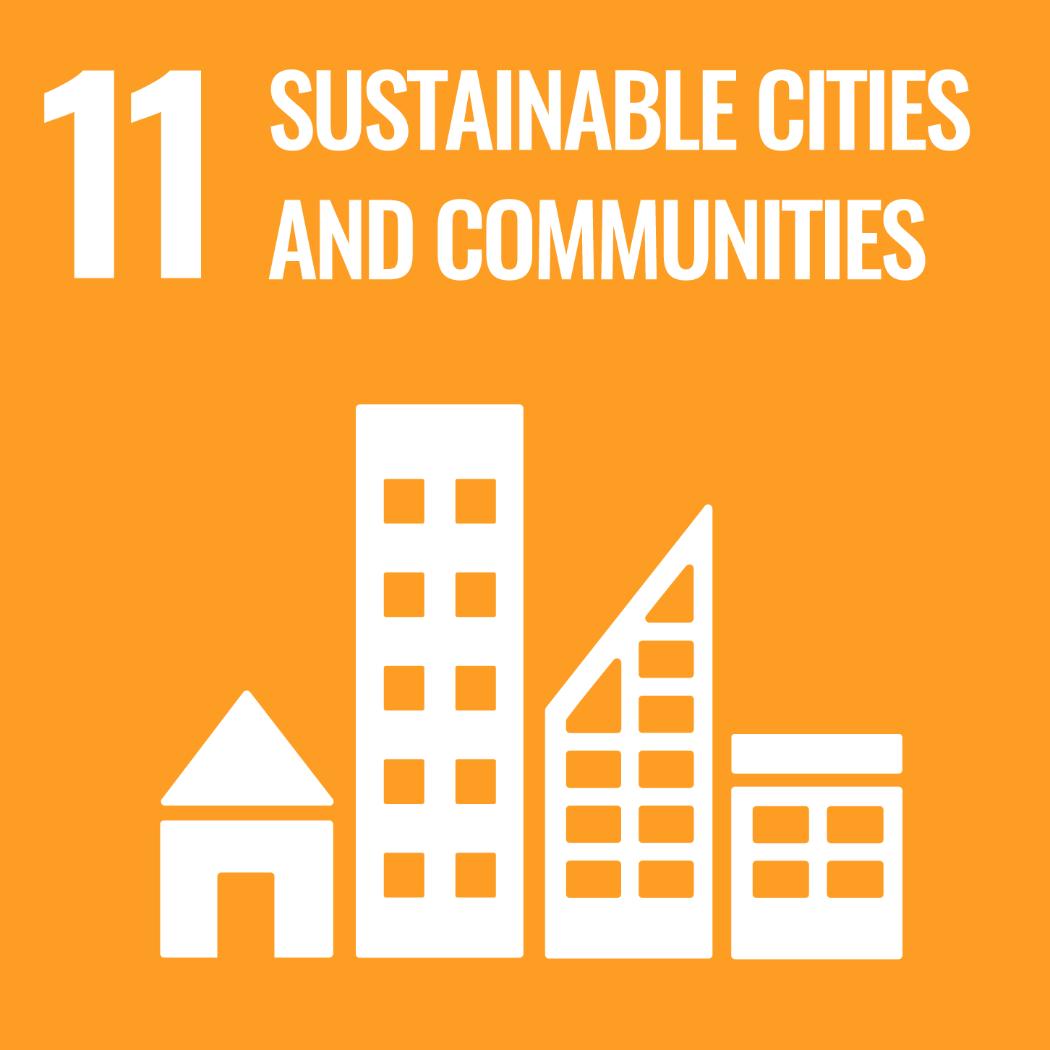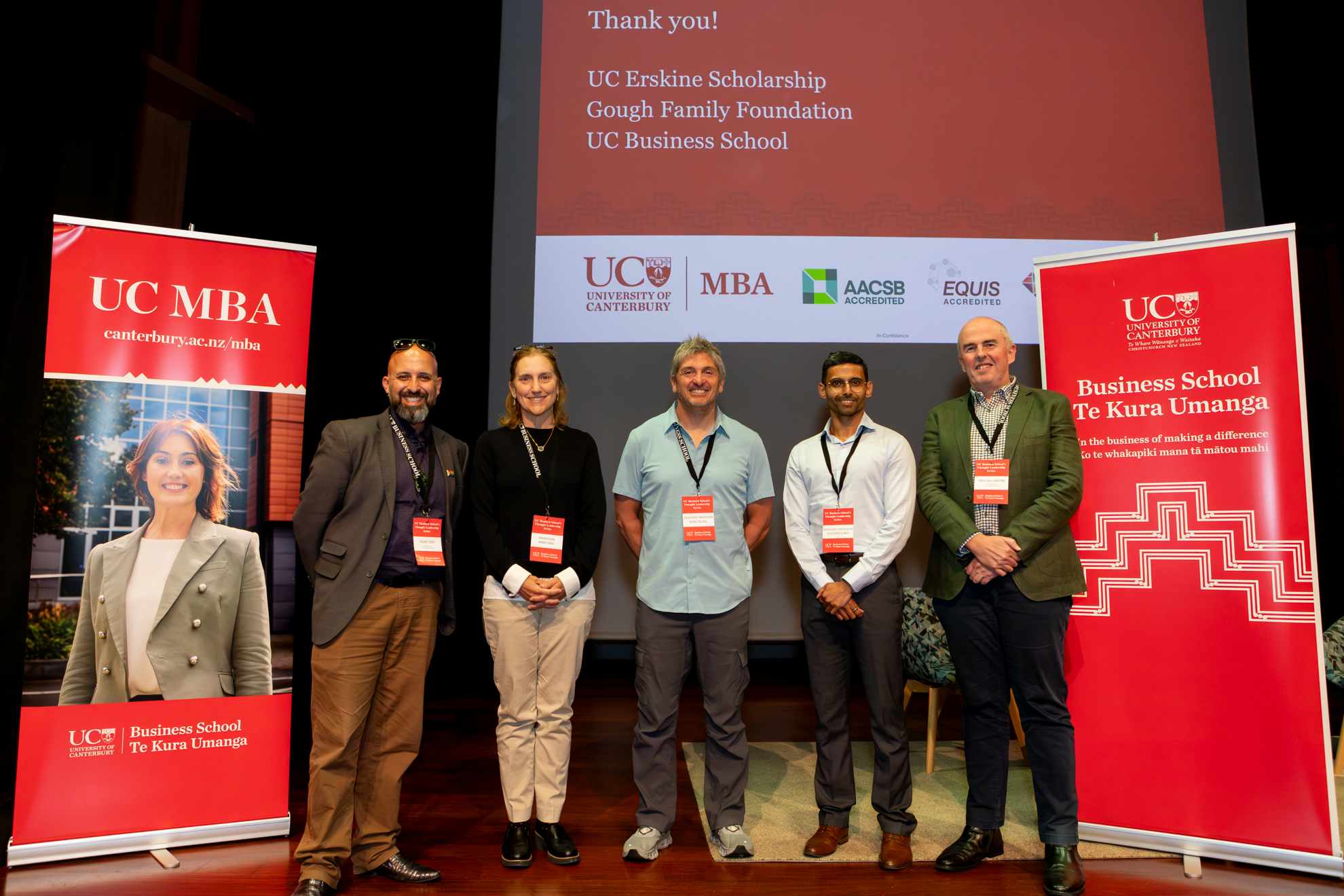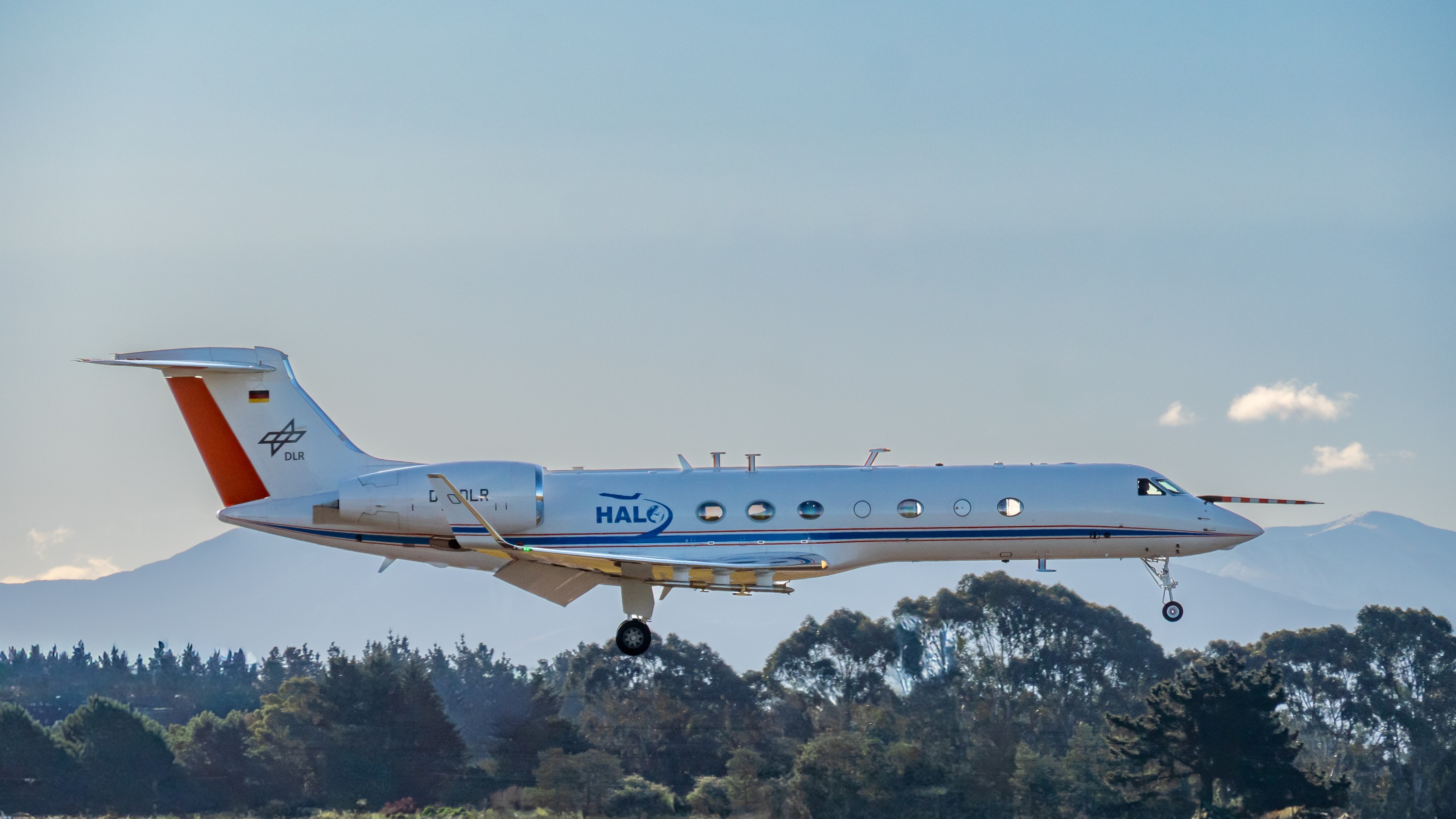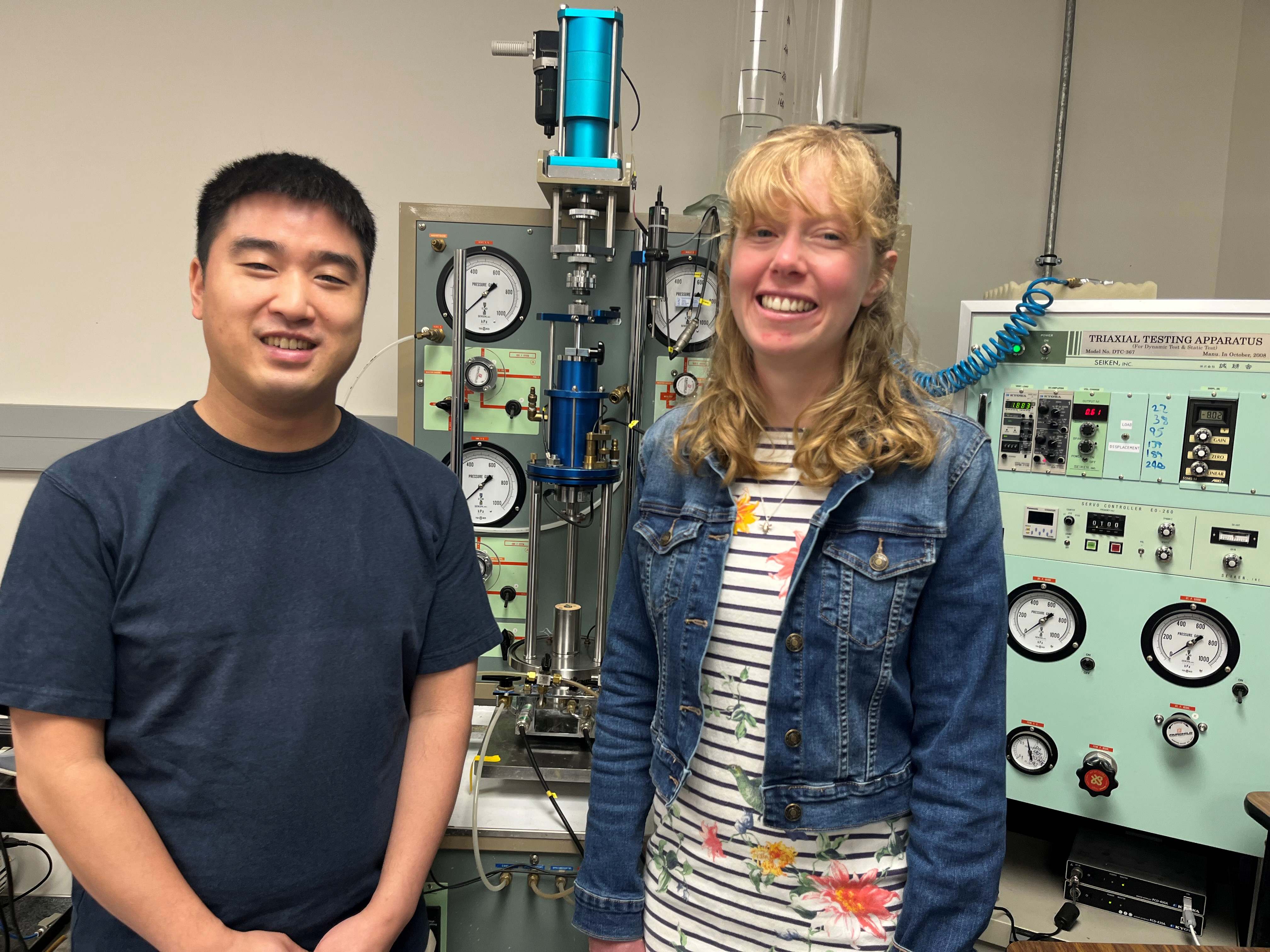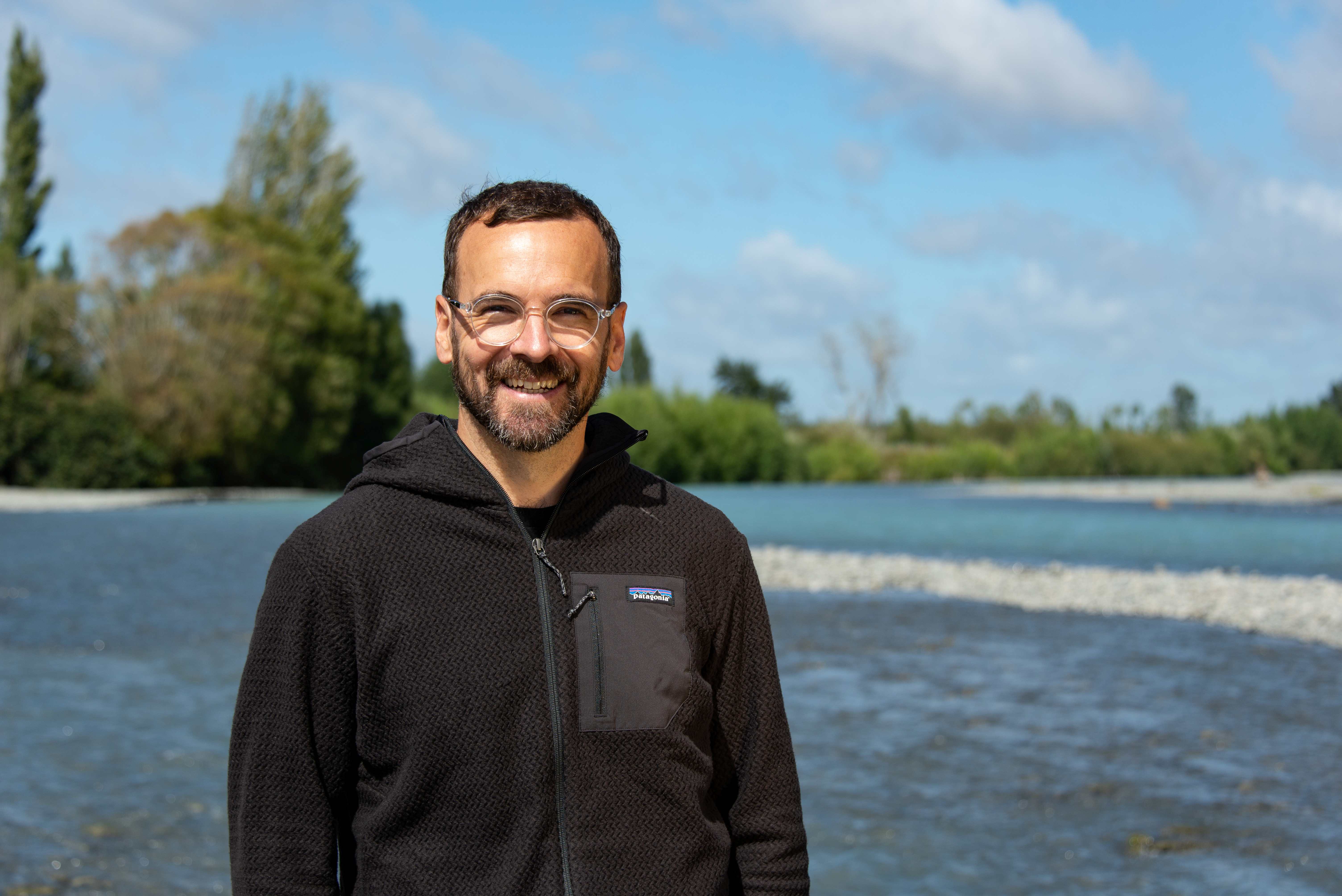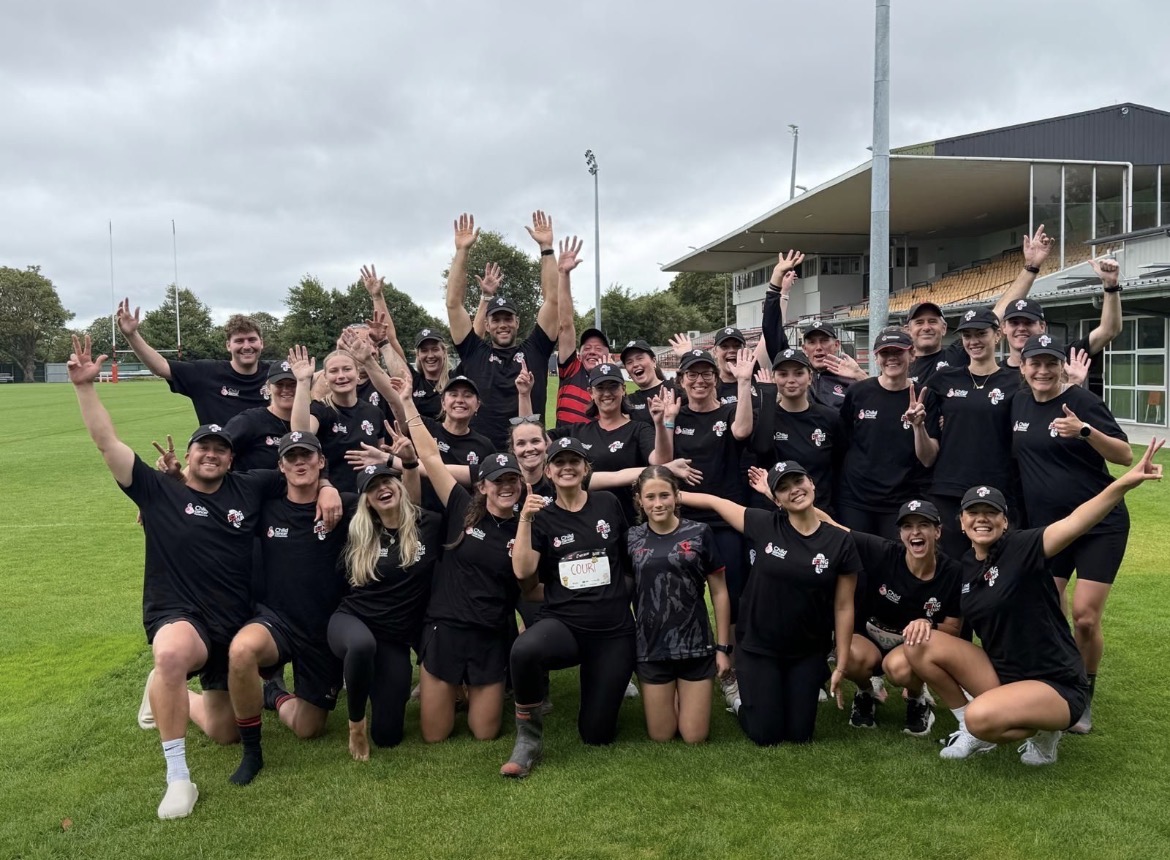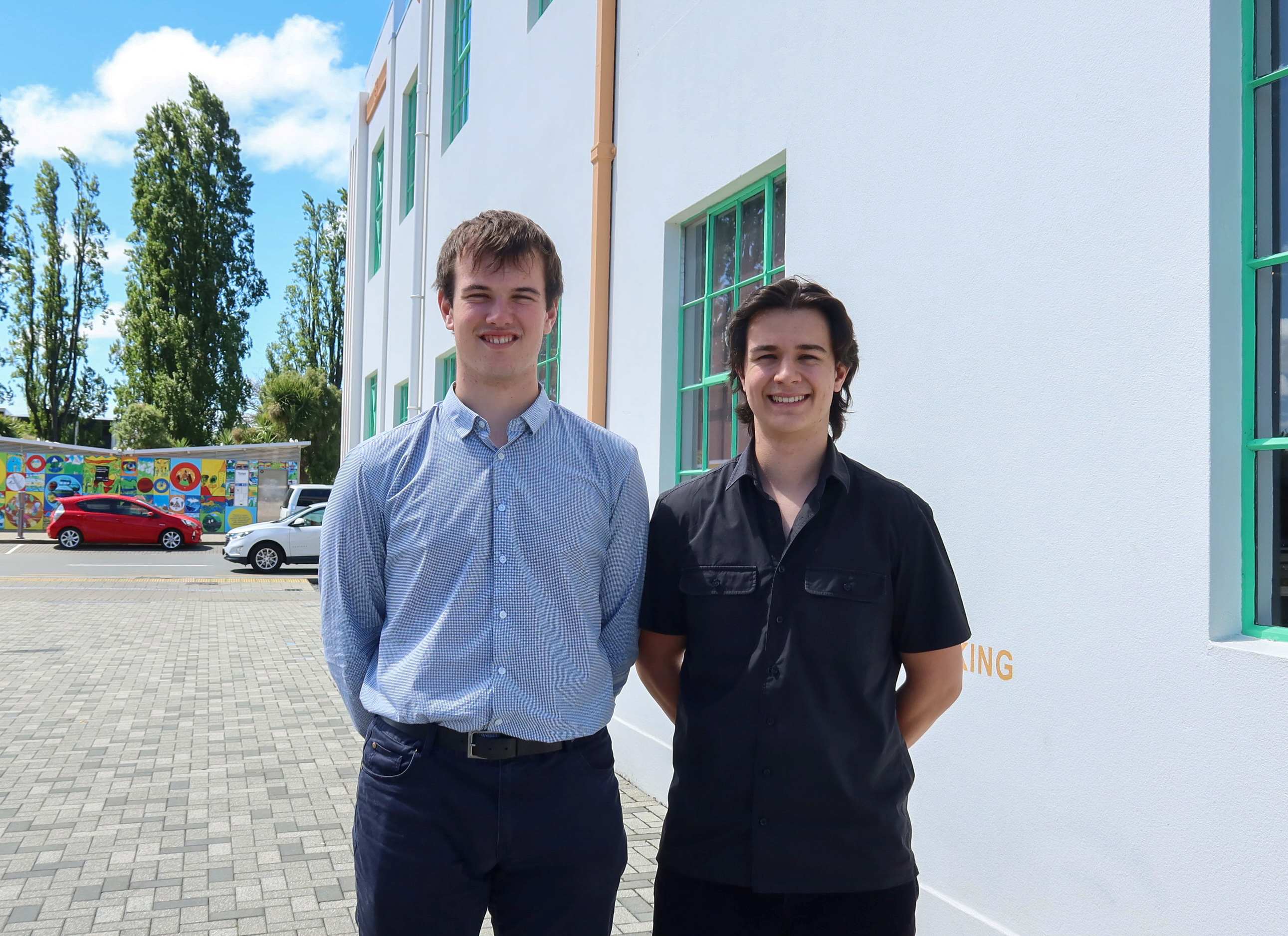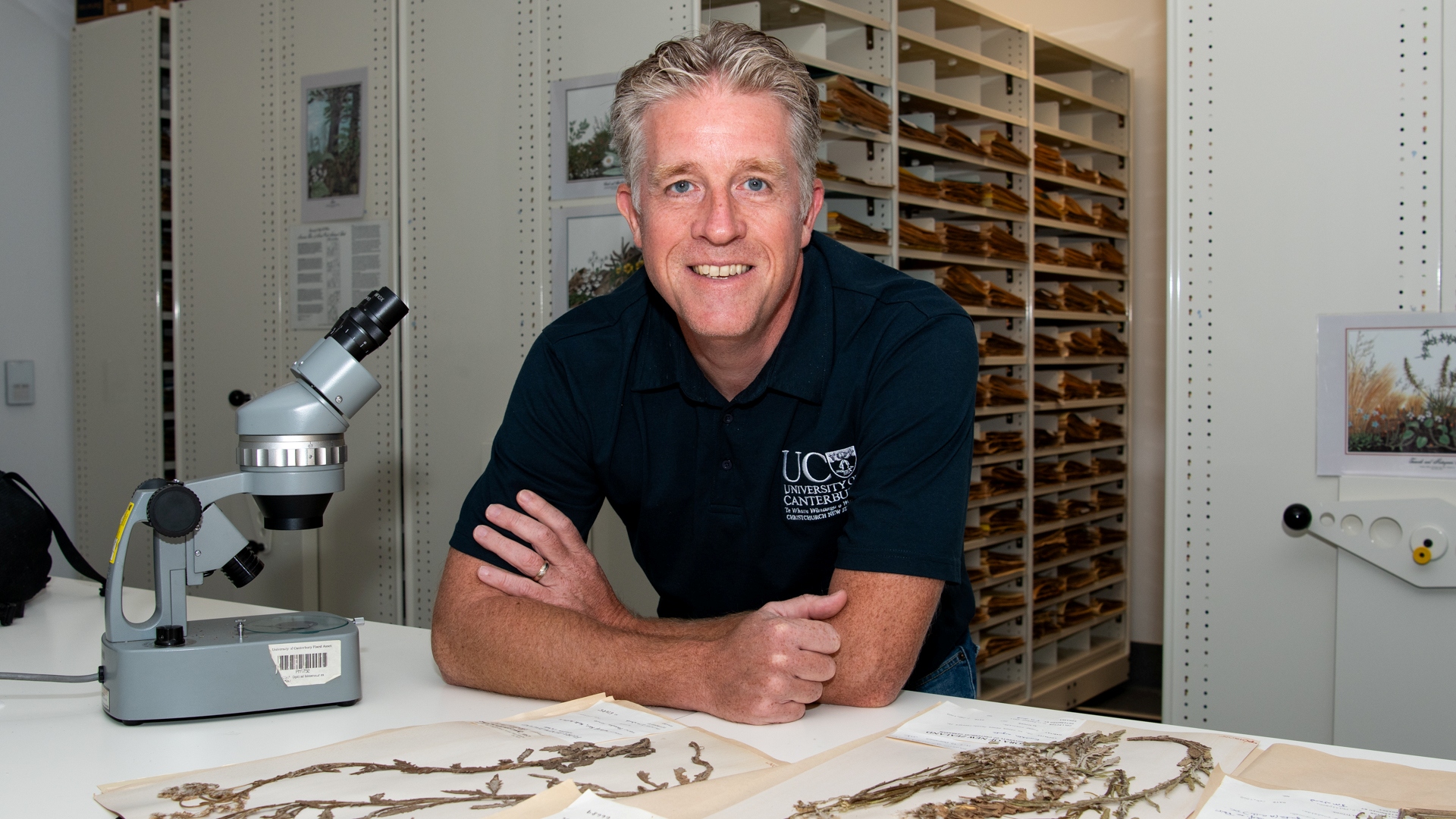The Te Whare Wānanga o Waitaha | University of Canterbury (UC) research group, Hei Puawaitanga: Civics, Sustainability and Citizenship Research Lab, led by Professor Bronwyn Hayward, has won the 2025 American Political Science Association (APSA) Best Conference Paper Award in the Political Education section.
APSA is the world’s largest political science association.
This research explores a new way of teaching civics, inspired by Indigenous ideas of time (tā) and relationships (vā).
The authors argue civics education should do more than teach personal responsibility — it should also help young people learn how to build relationships that enable citizens to work together and lead in a world affected by disruptive events, particularly climate change.
This approach is also vital for sustainable cities, according to Professor Hayward.
“What we do in cities matters for our climate – they are the source of approximately 72 per cent of world greenhouse gases, and the lifestyles of urban citizens makes a big impact.
“Young people already make up a significant proportion of city populations worldwide, and globally Indigenous young people are among the most exposed to the challenges of climate change in urban communities,” Professor Hayward says.
“Despite greater exposure to climate risk, Indigenous communities offer the strengths of culturally informed leadership, creativity and resilience that can help transform how cities adapt to climate risks including flooding and heat.”
“This award highlights the importance of rethinking how we prepare young people for uncertain futures. By focusing on community strengths in our research, we’re developing a relational approach to citizenship at UC – one that helps people learn how to understand others and the places they live, and build respectful and positive relationships over time.”
Professor Hayward says the prestigious international recognition signals that UC’s researchers are at the cutting edge of global debates on democracy, youth citizenship and climate futures.
The project draws together expertise from across UC including Political Science (Professor Bronwyn Hayward and Dr Kate Prendergast), the Faculty of Education (Dr Helena Cook), Macmillan Brown Centre for Pacific Studies (Distinguished Professor Steven Ratuva), the School of Health Sciences (Associate Professor Yvonne Crichton-Hill), Anthropology (MahMah Timoteo) and Child Well-being Research Institute (Sacha McMeeking).
The winning paper was presented in Philadelphia by Dr Prendergast, who also received an award for her outstanding presentation. It was titled, “Attending to the tā and the vā: Re-imagining ‘civics’ education to support Indigenous youth leadership in chaotic climate futures”.
The research was funded by The Deep South National Science Challenge and the UC Child Well-being Research Institute, and built on a previous grant by the UK Economic and Social Research Council, extending UC’s strengths in sustainability, equity and intergenerational justice in urban contexts.
Dr Cook, UC’s director of the Bachelor of Youth leadership, says the collaboration with local schools in Ōtautahi on the Pacific concepts of tā and vā have been central to the development of the award-winning research.
“Emphasising Indigenous partnership and relationship development in climate education, our research is youth-led and community-focused. It seeks to amplify the voices of our rangatahi, support their citizenship and leadership, and consider climate in both a local and a global context.”
Professor Hayward is co-convener of the United Nations Adaptation Futures Conference (13-16 October) at Ōtautahi this month.
The team will present on the paper at the conference.
For further information:
Professor Bronwyn Hayward, 021 2727069, bronwyn.hayward@canterbury.ac.nz
